By Charles Laubach | December 20, 2018
|
The Author |
|
Charles Laubach Charles has practiced as a legal consultant in the UAE since 1986. Charles has an active practice advising corporate clients on corruption and FCPA compliance matters, as well as on general corporate and commercial matters. His numerous publications on the subject include the UAE chapter in Anti-Corruption Regulation, published by Getting the Deal Through. He is a member of the Pennsylvania and DC Bars. |
In the latest development in an eventful year, Federal Decree-Law 24 of 2018 introduces amendments to the Federal Penal Code, originally enacted as Federal Law 3 of 1987. The amendments are designed to make the Penal Code consistent with other recent federal legislation and current federal enforcement policies. Only ten provisions of the statute have been affected, out of the more than 400 total articles contained in the statute.
Confiscation of instruments of crime
Article 82 of the Penal Code authorises the confiscation of instruments used in commission of a crime. The 2018 amendments expand the category of items that may be confiscated, and they also allow the imposition of a fine equal to the value of the items in cases where confiscation does not occur.
The previous text of Article 82 read as follows:
The court shall, upon conviction, order confiscation of the seized things and property that were used in the crime, that by their type are for use in the crime, that were the subject of the crime or that were obtained from the crime, all without prejudice to the rights of good faith third parties.
The 2018 amendments restore the following clause to Article 82, which had been deleted by earlier amendments enacted in 2016:
If the manufacture, use, possession, sale or offer for sale of said things is considered a crime in itself, then in all cases the confiscation shall be ordered even if such things are not owned by the accused.
The 2018 amendments also add the following clause at the end of Article 82:
If any of the things or property stated in the first paragraph of this Article are not seized, or if an order of confiscation cannot be issued due to the rights of good faith third parties, then the court shall pass judgment for payment of a fine equal to their value at the time of commission of the crime.
National Defence Secrets
A new provision has been introduced as Article 170, defining the term National Defence Secrets. This article had been deleted by the 2016 amendments. The provision in its entirety now reads as follows:
Each of the following shall be considered a national defence secret:
1. Military, political, economic, industrial, scientific and security information related to the security of society, or other information that by its nature is known only by persons authorised therefor and which are required by the interests of the state to be kept secret from others.
2. Correspondence, writings, documents, drawings, maps, designs, pictures, coordinates, and other things that if revealed could result in the disclosure of the information stated in the preceding paragraph and which are required by the interests of the state to be kept secret from others than those entrusted to maintain or use the same.
3. News and information relating to the armed forces, the Ministry of Interior, and the security bodies, their formations, movements, ordnance, provisioning, staff and other issues that may prejudice military affairs or war and security plans, unless the competent authority issues written permission for the publication or broadcast thereof.
4. News and information relating to the measures and procedures followed for investigating the crimes set out in this chapter and for the apprehension of criminals, as well as news and information relating to the conduct of the investigation and adjudication if the investigating authority or the competent court prohibits the broadcast thereof.
External and internal security of the state
In 2016, a new chapter was added to the Penal Code addressing crimes against the external and internal security of the state. The specific article in this chapter that was amended in 2018 is Article 201 (repeated) (9), which allows a court to grant a convicted criminal an exemption from or reduction in penalty if the criminal has reported to the judicial or executive authorities any information relating to offenses against the external and internal security of the state.
When this provision was enacted in 2016, it provided as follows:
The court shall, at the request of the public prosecutor or on its own initiative, order reduction of or exemption from punishment in respect of criminals who have provided information to the judicial or executive authorities related to any felony harmful to the external or internal security of the state, when the same led to discovery of the felony or its perpetrators, proof of their commission of the felony, or arrest of any of them.
As now amended, the provision allows the court also to replace the punishment with a fine of not less than AED 100,000 and not more than AED 10,000,000, in addition to reduction of or exemption from the punishment. This may be done when the convicted defendant has provided information to the judicial or executive authorities related to any felony that is deemed to be harmful to the security of the state in other criminal statutes, in addition to any felony harmful to the external or internal security of the state.
Moreover, the amendments now limit the circumstances in which sentences may be reduced. Specifically, for a criminal that does not provide information under this article, only the public prosecutor may request the court considering the case to reduce the sentence, if the request relates to the supreme interests of the state or to any other national interest. The amended provision adds that, if sentence has already been pronounced by the court, then the public prosecutor may still request reduction prior to or during execution of the sentence.
Public officials
Several changes have been introduced to the provisions of the Penal Code that deal with the obligations of public officials, including the anti-bribery provisions.
Article 225 of the Penal Code makes it a criminal offense for a public official or a person charged with public service to abuse his office by obtaining without entitlement funds, papers or other materials belonging to the state or public body or by facilitating the same for another person. The 2018 amendments provide for a more severe punishment if such a crime is associated with or connected to forgery, the use of a forged document or the use of a forged copy of an official document.
Turning to the anti-bribery provisions, Article 225 (repeated) now provides that a public official who unlawfully obtains or attempts to obtain without entitlement, either for himself or another person, a profit or benefit from any activity pertaining to the obligations of his office shall be sentenced to imprisonment.
Article 234 expands the scope of the prohibited “quid pro quo” acts that constitute one of the elements of the crime of bribery on the part of a public official. The definition of bribery now appearing in Article 234 reads as follows:
A sentence of temporary imprisonment will be imposed on any public official, person charged with public service, foreign public official or official of an international organisation who requested, accepted or took, whether directly or indirectly, a gift, advantage or grant without entitlement, or a promise of the same, whether in favour of the official himself or for another person, entity or facility, in consideration of such official doing an act or refraining from an act pertaining to his office or breaching the obligations of his office, even if he intended not to do the act, to refrain therefrom or to breach the obligations of his office, or even if the request, acceptance or taking followed the performance of the act, the refraining therefrom, or the breach of the obligations of his office.
The sections underscored in the text above were added by the 2018 amendments. Taken together, the actus reus of the government official may be:
- committing an act pertaining to his office,
- refraining from an act pertaining to his office, or
- acting in breach of the obligations of his office.
Article 235 is added to the Penal Code. It provides that a sentence of temporary imprisonment may be imposed in the foregoing circumstances even if the actus reus of the government official is believed or alleged in error to pertain to his office.
Another new provision, Article 236, states that arbitrators, experts and investigators shall be deemed to be public officials within the confines of the tasks entrusted to them. While the provisions discussed above address corruption by public officials, Article 237 addresses persons who attempt to bribe public officials. The amendments add, as an actus reus for this offense, an act by an official in breach of the obligations of his office.
Arbitrators
To the presumed relief of persons practicing as arbitrators in the UAE, Article 257 has been amended. The amendments to the Penal Code that were introduced in 2016 provided that an arbitrator, expert, translator or investigator appointed by the administrative or judicial authorities or selected by parties who issues a decision, gives an opinion, submits a report, addresses a case or proves an incident for the benefit or against the benefit of a person, in a manner that fails to maintain the requirements of integrity and impartiality, shall be subject to imprisonment. The amended text now omits the arbitrator from this provision. Moreover, the amended text now imposes a criminal sanction only upon an expert, translator or investigator who knowingly makes a false statement.
Electronic Surveillance
Finally, under new Article 280 (repeated), it is a crime for a person under electronic surveillance to evade such surveillance or by any means to damage or hamper the remote monitoring device. Enhanced penalties can be imposed if the act in question involves the destruction in whole or in part of electronic reception and monitoring devices, in which case the defendant will also be required to pay the value of the damaged equipment. ■
|
Afridi & Angell Founded in 1975, Afridi & Angell is a full-service UAE law firm in its fifth decade at the forefront of the legal community. From the beginning, our hallmarks have been a commitment to quality, unsurpassed knowledge of the law and the legal environment, and crafting of innovative business solutions. Licensed in the three largest Emirates of Abu Dhabi, Dubai and Sharjah as well as the Dubai International Financial Centre, our practice areas include banking and finance; corporate and commercial law; arbitration and litigation; construction; real estate; infrastructure projects; energy; project finance; maritime (wet and dry); and employment. We advise local, regional and global clients ranging in size and sophistication from start-ups, sole proprietorships, family-owned businesses, entrepreneurs and investors to some of the world’s largest public and private companies, governments and quasi-government institutions. We attract and retain clients with our dedication to practical guidance focused on their business needs supported by decades of experience here in our home jurisdiction, the UAE.Afridi & Angell is the exclusive member firm in the UAE of top legal networks and associations, most notably Lex Mundi, the world’s leading network of independent law firms, and World Services Group. |
Afridi & Angell’s inBrief provides a brief overview and commentary on recent legal announcements and developments. Comments and opinions contained herein are general information only. They should not be regarded or relied upon as legal advice.
© 2018, Afridi & Angell



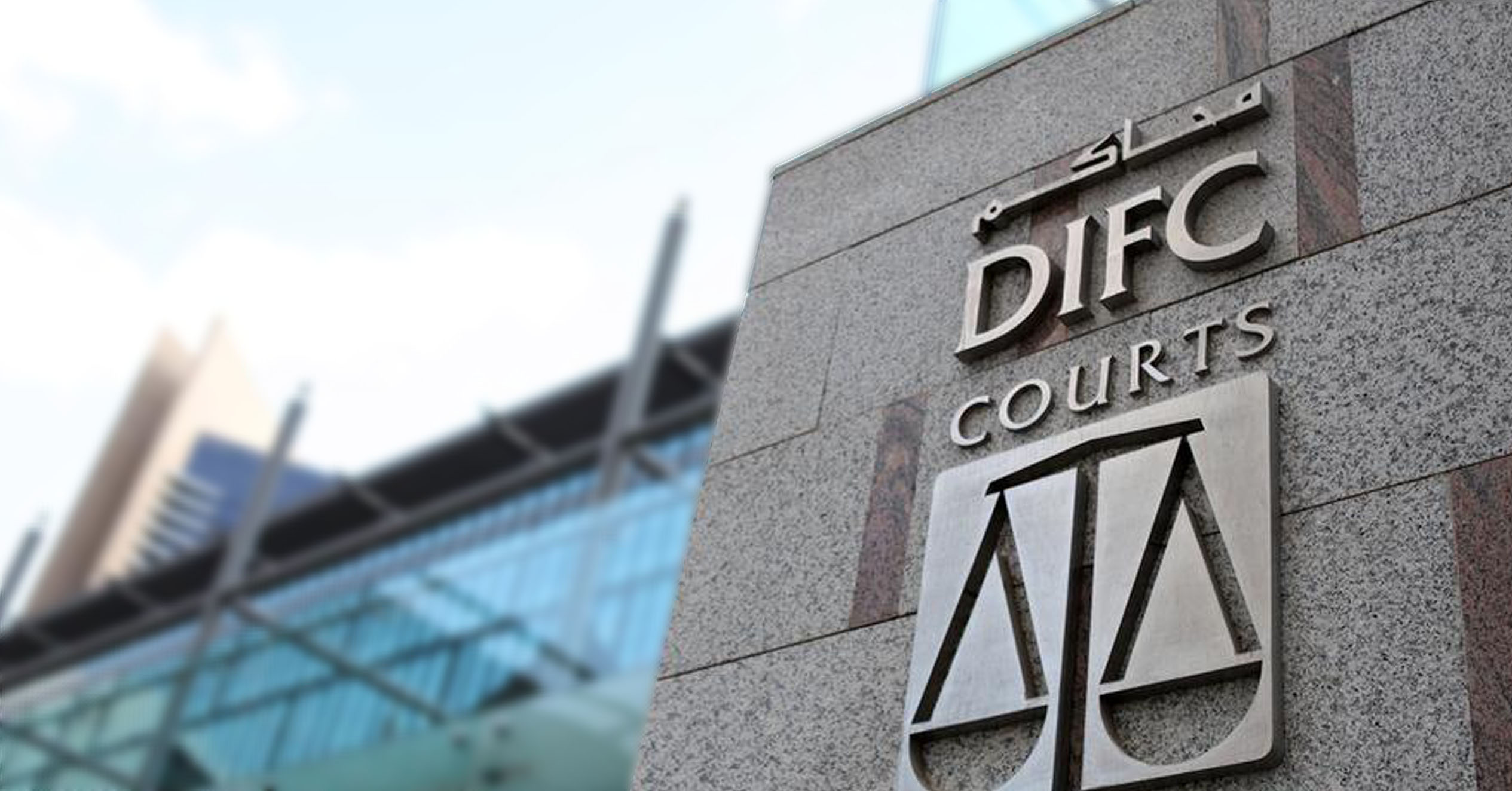






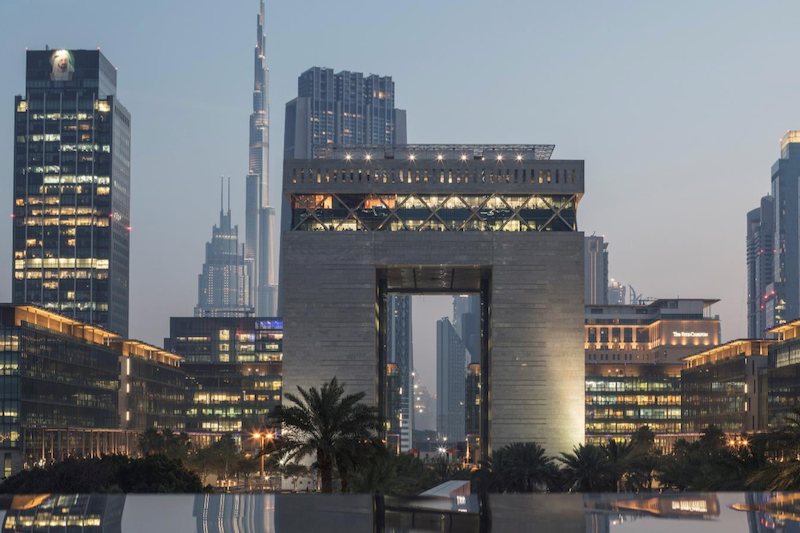



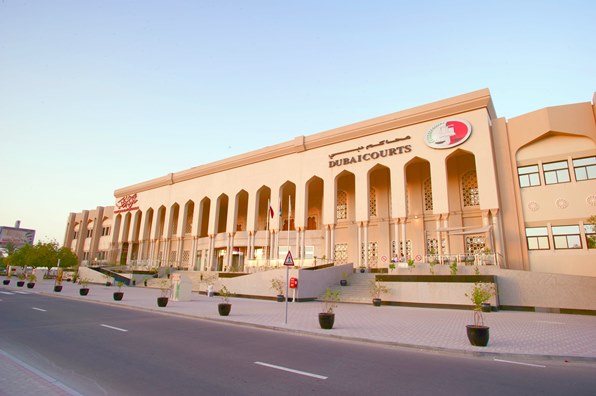








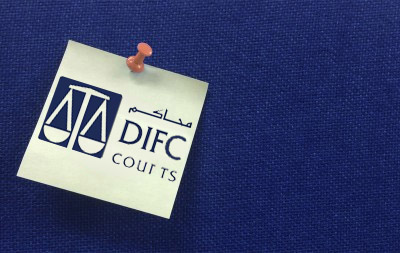
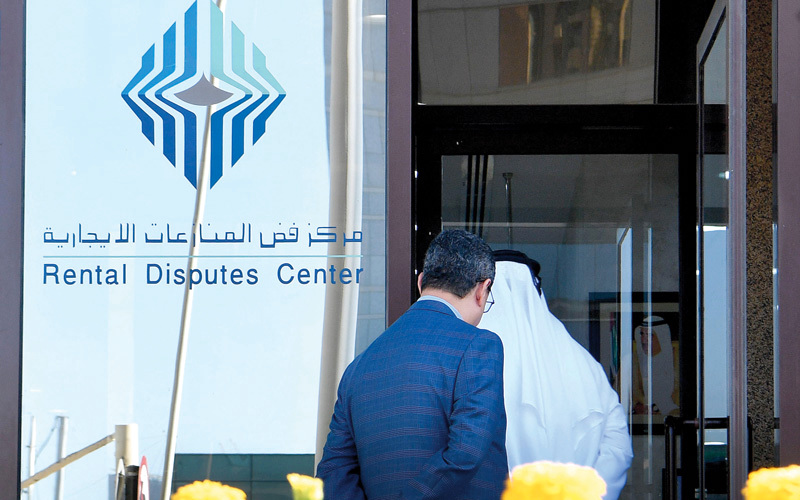
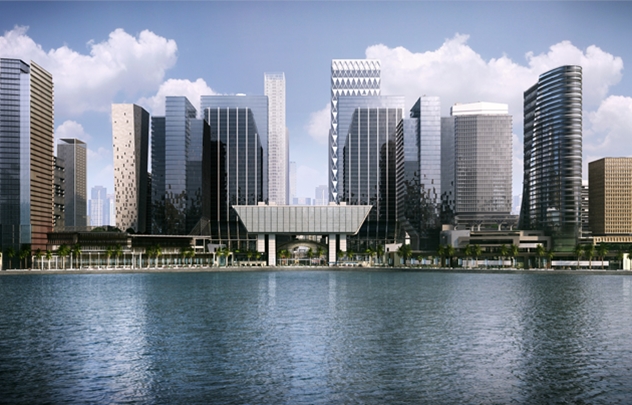












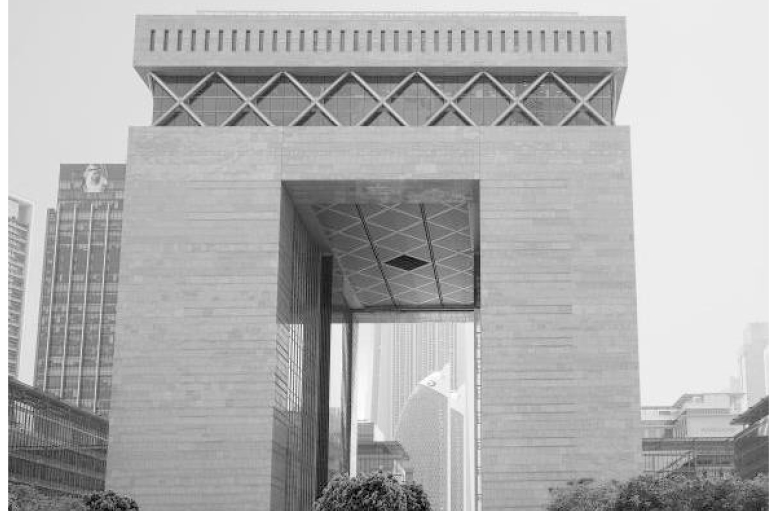





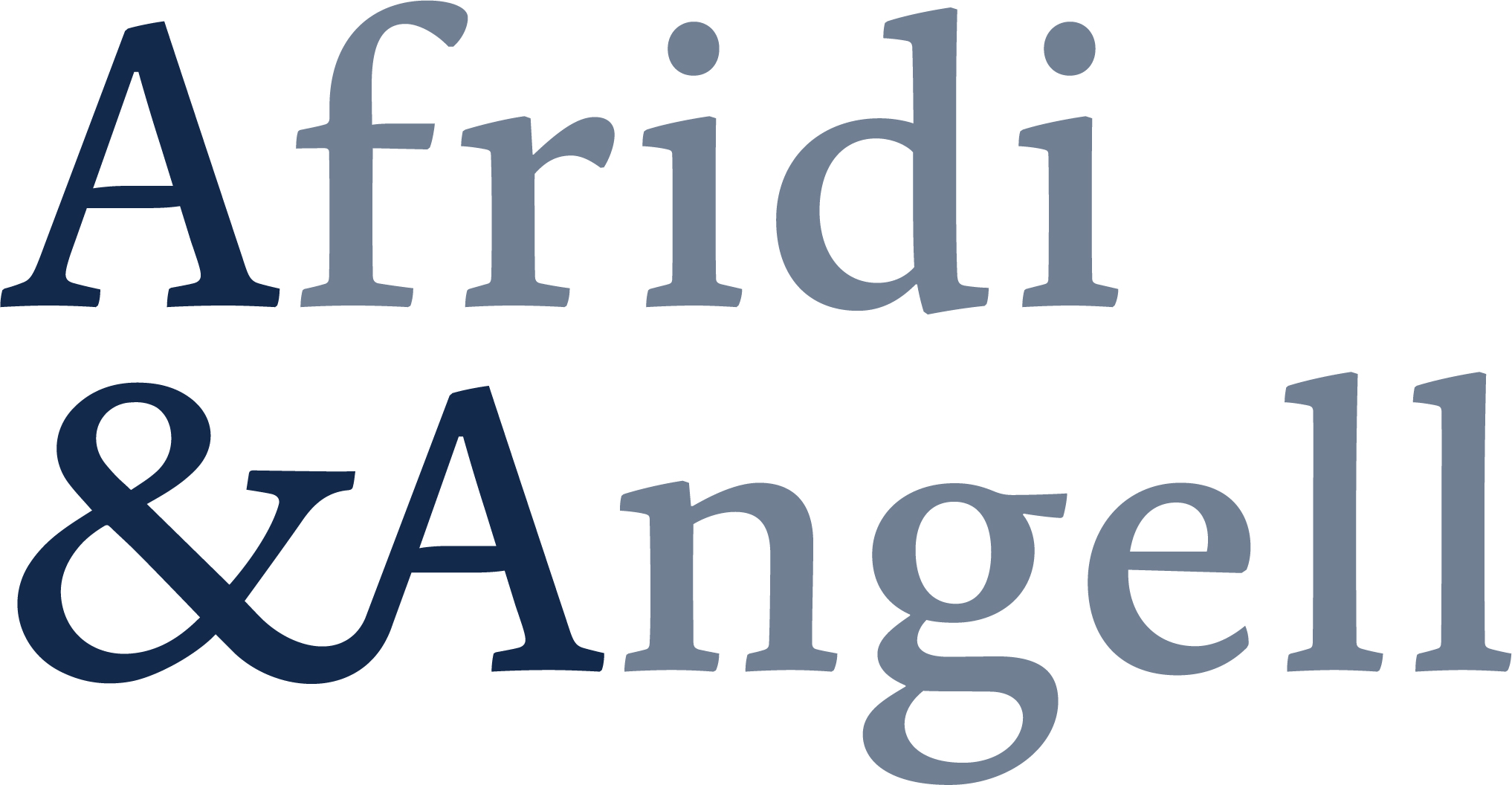 Afridi & Angell
Afridi & Angell Masood Afridi
Masood Afridi Amjad Ali Khan
Amjad Ali Khan







